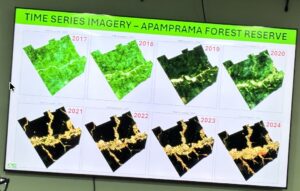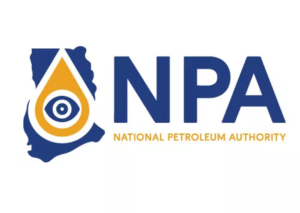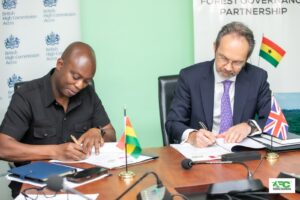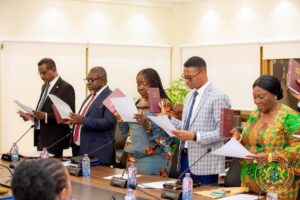
Photo: Dr Cassiel Ato Forson
• Forson Hails ‘Historic Turnaround
Ghana’s economy is said to be showing remarkable signs of recovery just six months into President John Mahama’s administration, with Finance Minister Dr Cassiel Ato Forson declaring a “historic reversal” of the economic downturn he claims was inherited from the previous government.
Presenting the 2025 Mid-Year Fiscal Policy Review to Parliament on Tuesday, 2 Dr Forson cited sweeping improvements across key economic indicators — from inflation to exchange rate stability — and outlined a vision to consolidate gains while delivering structural transformation.
“Within just six months, we’ve reversed the economic collapse we inherited. Inflation is down, the cedi is up, and the economy is growing,” the minister told MPs.
According to the review, quarter one GDP growth stood at 5.3%, exceeding both the government’s own projections and earlier expectations from international observers. The economy’s resurgence was driven mainly by agriculture, ICT, and industry, reversing the previous year’s contraction under the New Patriotic Party-led government.
Perhaps most notably, the Ghana cedi registered what Dr Forson described as an “unprecedented appreciation” of over 42% against the US dollar — a performance he described as the best in the nation’s post-independence history.
“For the first time in history, the cedi has appreciated by more than 40% in six months,” he said, linking the gains to a renewed sense of investor confidence, improved foreign reserves, and what he called “the restoration of policy credibility.”
A Turnaround Framed by Contrast
The speech painted a stark contrast between the current administration’s performance and the legacy of what Dr Forson described as “fiscal recklessness and institutional decay”. He accused the previous government of collapsing public finances, undermining the IMF programme, and leaving the country in a state of crisis.
By contrast, the minister claimed that Ghana has restored IMF programme compliance, passed its first review under the fund’s extended credit facility, and received endorsement from international ratings agencies such as Fitch, which upgraded Ghana’s long-term rating from ‘Restricted Default’ to ‘B-’.
Debt, Inflation and Employment
The mid-year review reports that inflation dropped from 23.8% in December 2024 to 13.7% by June 2025, a more than ten-point decline within half a year. Interest rates on treasury bills were also said to have fallen sharply — from highs of 32% to around 17%.
Public debt, a major political flashpoint, was reported to have declined from GH¢726.7 billion to GH¢613.1 billion, reducing the debt-to-GDP ratio from 61.8% to 43.8%. The Finance Ministry attributes this to disciplined fiscal management, a freeze on new borrowing, and strong domestic revenue performance.
While the review mentions no hard figures on job creation, the minister touted flagship programmes such as the 24-Hour Economy Initiative and the Volta Economic Corridor as avenues to support sustainable livelihoods and boost productivity.
A Fragile Recovery?
Though Dr Forson’s presentation struck an optimistic tone, some economic analysts have cautioned that the pace of recovery may be fragile, especially with looming debt service pressures and revenue underperformance in areas such as import duties.
The government acknowledged a GH¢1.6 billion shortfall in customs revenues, citing smuggling and port leakages as key causes. Plans to deploy artificial intelligence systems at ports and restructure the Ghana Revenue Authority were highlighted as remedial actions.
The abolition of the COVID-19 Levy and an overhaul of the VAT regime were also announced, with the minister pledging to streamline taxes and eliminate cascading effects that have burdened small businesses.
Looking Ahead
In concluding, Dr Forson called for bipartisan support for the “reset agenda,” insisting that the economy’s positive turnaround must be protected through accountability, transparency, and continued reform.
“We are not just stabilising the economy — we are rebuilding trust and reshaping the Ghana we want,” he said.
With general elections on the horizon and economic pain still fresh in the memories of many households, the coming months will test whether the early gains can be sustained and translated into long-term improvement in the lives of ordinary Ghanaians.






